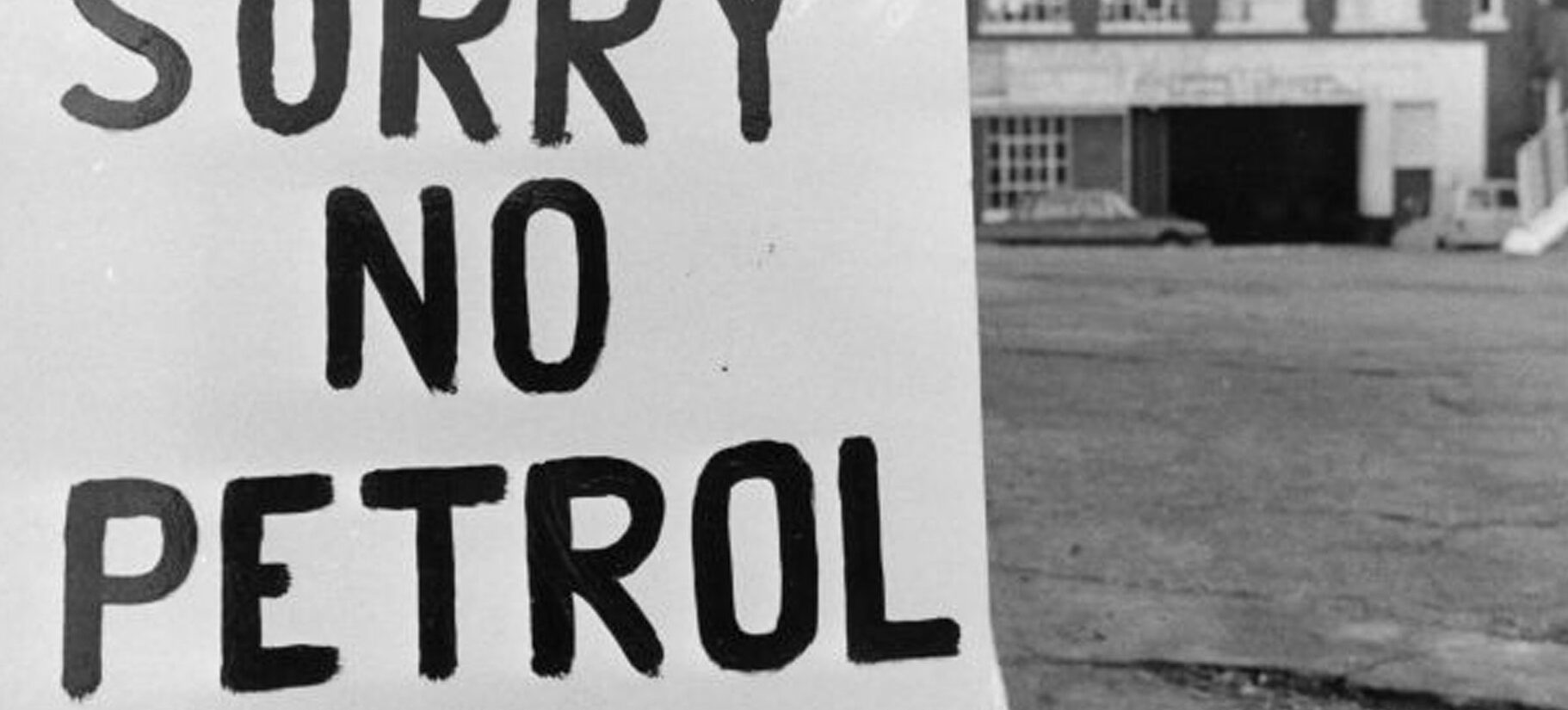
Shell pressured Nigeria with ISDS process to obtain oil field OPL 245
In Bend or Break, SOMO and Friends of the Earth Netherlands reveal how Shell used a bilateral investment treaty between the Netherlands and Nigeria to secure the rights over a lucrative oil field.
Internal emails and documents from Shell show how the company decided to initiate an arbitration case under the investor-to-state dispute settlement (ISDS) mechanism in 2007, solely to put pressure on the Nigerian government in a longstanding legal dispute over the OPL 245 oil field. In the end, Nigeria agreed to settle the arbitration case on exceedingly favourable terms for Shell. In 2011, Shell and its Italian partner Eni jointly acquired the oil concession for 1.3 billion dollars. Calculated projections indicate that the terms of the controversial deal are costing Nigeria billions in lost oil tax income.
The Italian prosecutors have since accused Shell and Eni of involvement in corruption in this case, stating that part of payment was siphoned off as bribes to Nigerian government officials and intermediaries. Also, Dutch prosecutors are preparing criminal charges against Shell over the controversial OPL 245 deal.
Until now, little was known about how, between 2007 and 2011, Shell used an ISDS claim brought before the International Centre for Settlement of Investment Disputes to exert pressure on the Nigerian government to secure the concession for OPL 245. This claim – in which Shell was seeking up to 2 billion dollars in compensation – followed from a protracted legal battle over the ownership of the oil field between Shell, the Nigerian government and a local oil company.
With reference to internal Shell emails and documents, this report provides a reconstruction of the train of events. It demonstrates that Shell’s objective was not to win the ISDS case. Rather, the correspondence shows that Shell was gambling on Nigeria being afraid of an “embarrassing outcome” so that it would return the rights to OPL 245 to Shell at its own initiative. The reconstruction also shows how Shell used its relationship with its Nigerian subsidiaries in an opportunistic way to influence legal processes to its advantage. In addition, the report shows how Shell managed to secure substantial fiscal advantages in the 2011 deal, involving a potential loss for the Nigerian treasury of billions of dollars in oil revenues.
Freek Bersch, campaign manager at FOE Netherlands:
“Shell’s appetite for oil has no limits. They blackmail with claims for damages, conclude deals involving bribes and pump up huge quantities of oil despite the Paris Climate Agreement.”
Bart-Jaap Verbeek, researcher at SOMO:
“This case is yet another example of how multinational corporations like Shell use ISDS as a trump card to obtain favourable terms or exemptions for their investments. This makes ISDS a powerful weapon that companies like Shell can add to their already extensive arsenal of lobbying instruments.”
Do you need more information?
-

Bart-Jaap Verbeek
Researcher
Partners
Related news
-
 Additional evidence filed against Booking.com for profiting from illegal settlementsPosted in category:News
Additional evidence filed against Booking.com for profiting from illegal settlementsPosted in category:News Lydia de LeeuwPublished on:
Lydia de LeeuwPublished on: -
 The hidden human costs linked to global supply chains in ChinaPosted in category:News
The hidden human costs linked to global supply chains in ChinaPosted in category:News Joshua RosenzweigPublished on:
Joshua RosenzweigPublished on: -
 The power to extract value from the value chainPosted in category:Long read
The power to extract value from the value chainPosted in category:Long read Rodrigo FernandezPublished on:
Rodrigo FernandezPublished on:


